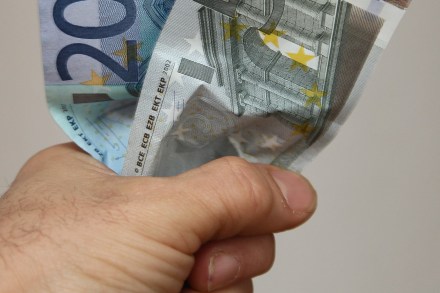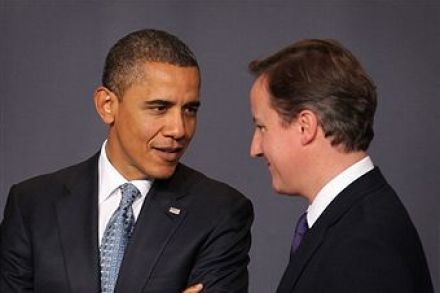The Euro’s uncertain future
Martin Wolf’s column on the eurozone today does a superb job of summing up its troubles. As Wolf says, “The Eurozone, as designed, has failed.” Keeping its current arrangements is simply not an option for the eurozone. Wolf concludes that: “The eurozone confronts a choice between two intolerable options: either default and partial dissolution or open-ended official support. The existence of this choice proves that an enduring union will at the very least need deeper financial integration and greater fiscal support than was originally envisaged.” The question now is essentially whether Germany and other prosperous eurozone countries are prepared to embark on further integration and a programme of fiscal transfers



















